Conflict. Violence. Famine. Displaced people. Illegitimate governments. Chaos. When the United Nations sends in a peacekeeping mission to clean up the aftermath of a conflict, it is a Gargantuan task.
This week, my supervisor, retired British military Col. Mike Pope required members of the Swiss Diplomat program to hypothetically solve the problems in the imaginary country, Merango. The current "President" had appointed himself. With military factions rising up and fighting throughout the country, the nation was in a state of disarray. Also, people were fleeing for safety without food while roads and airports were demolished. The "leader" of this nation finally called upon the UN peacekeeping missions.
The Swiss participants in this course were assigned the task of organizing this exercise.
But, where does one start in tackling a conflict this large?
Embarking on the task, the participants actually had to begin at the conclusion, by envisioning a strategic end state. What should the country at peace look like? How should it be ruled? What steps needed to be taken to get there? Which projects required simultaneous action and which were straightforward?
Quite obviously, the potential solutions varied but participants found that the best approach was breaking down the problem into tracts, such as humanitarian, political, economic, military and media. You can imagine that there was no silver bullet solution. Projects had to be aimed towards solutions and orderly. For instance, infrastructure had to be developed before supplies could be transported. Meanwhile, military factions needed to be controlled or stopped and mines removed. All while the government faced reorganization.
The task showed me that peacekeeping is much more difficult than operating at the city, state or federal government level. Not only do the tracts need to be coordinated, the various leaders, volunteer entities (Red Cross, Bread for the World, Catholic Charities, etc.), and military must all work together to accomplish the feat. Most importantly, the inhabitants must have a say in the peacebuilding process as they are the ones living in the state. Needless to say, promoting peace is a tedious task!
Subscribe to:
Post Comments (Atom)
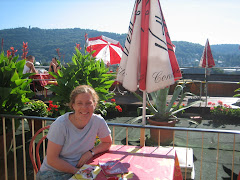
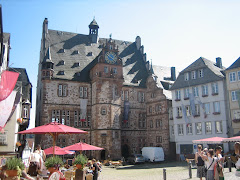
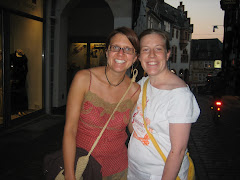


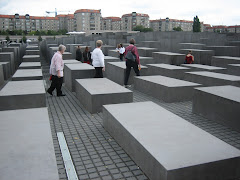
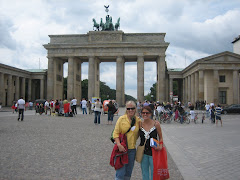







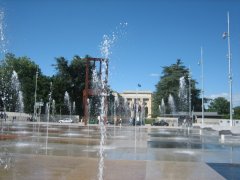








No comments:
Post a Comment